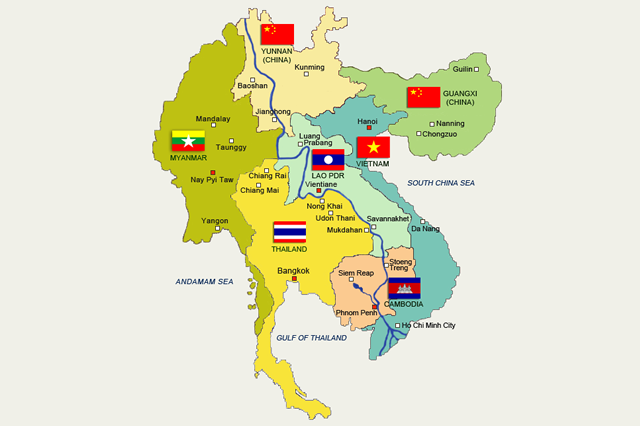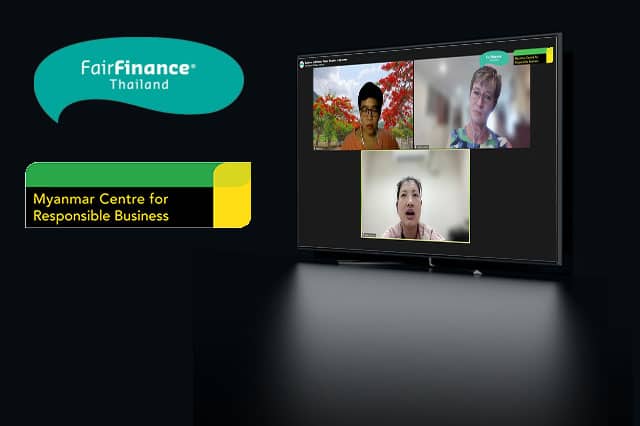Some Pointers for Public Participation in Environmental Impact Assessment

On 24 February 2016, MCRB and PACT MPE (Mekong Partnership for Environment) co-organised a discussion in Yangon of public participation in EIA with the objectives of sharing experience which could be used to guide development of regional guidelines on public participation in EIA for the Mekong region (Cambodia, Laos, Myanmar, Thailand, and Vietnam) as well as planned public participation guidelines for the implementation of Myanmar’s new EIA procedures.
The workshop was attended by around 40 participants from private sector, including project proponents from the oil and gas and infrastructure sectors, and local and international EIA consultant companies. It was also attended by officials from Ministry of Environment, Conservation and Forests (MoECAF) and members of PACT’s Regional Technical Working Group on EIA from MOECAF, and local NGOs, POINT and FREDA (See Annex 1 for more detail of the PACT project).
The workshop heard a presentation by Christy Owen (PACT/MPE) on the RTWG process, which includes the development of draft guidelines to promote best practice on public participation, drawing on international standards and local experience.
The guidelines are intended to be practical and implementable. The case for a regional approach was partly driven by the ongoing moves in each country to introduce or reform EIA processes; the birth of the ASEAN Economic Community; and the strengthening of civil society voices. She noted that these guidelines would be consulted on and finalised over the coming year. The PACT/MPE programme was also supporting national technical advisers in each of the countries and drawing on EU expertise on managing transboundary EIAs; and plans to support awareness raising around EIA and meaningful public participation in Myanmar.
U Than Aye, (Yangon office of ECD, MOECAF) gave a presentation on the public participation provisions of the Myanmar government’s EIA Procedures which were adopted on 29 December 2015, highlighting the requirements for consultation and disclosure at different stages of the EIA and Initial Environmental Examination (IEE) processes; and the resource constraints and faced by MOECAF.
Aye Thiha of E-Guard presented on a perspective from a Myanmar EIA consultancy (E-Guard) who had been involved in over 80 EIAs/IEEs and over 150 consultation meetings.
Participants were invited to share how they had undertaken public participation, and challenges faced, on a Chatham House Rule basis. A note of the meeting will be shared with the Ministry of Environmental Conservation and Forestry and is available for download here:
Read also
- Building Environmental Legal Advocacy Skills for Civil Society Leaders
- Investors Need to Identify their Impacts on Myanmar’s Biodiversity and Ecosystems Early On, to Avoid Cost and Conflict Later
- Building Understanding of EIA and Responsible Business for Civil Society Groups in Southern and Eastern Shan State
- Working with Community Groups in Shan State on Responsible Business and EIA
- Join MCRB and Thant Myanmar in the Battle to Beat Plastic Pollution
 English
English မြန်မာ
မြန်မာ မြန်မာ (unicode)
မြန်မာ (unicode)










